Cannabidiol (CBD) and cannabigerol (CBG) are proof that a lot of people turn to cannabis products for therapeutic benefits, not just some cannabinoids’ ability to get users high.
There’s no shortage of nonintoxicating cannabinoids in the hemp plant. Although CBG and CBD have qualities that separate them from similar hemp compounds—and each other—they have a lot in common, too. It can be hard settling on using just one of them if you’ve tried both.
Before your next foray into CBD products, you might want to give CBG a try. Experimenting with both and comparing them is the best method of discovering which you prefer.
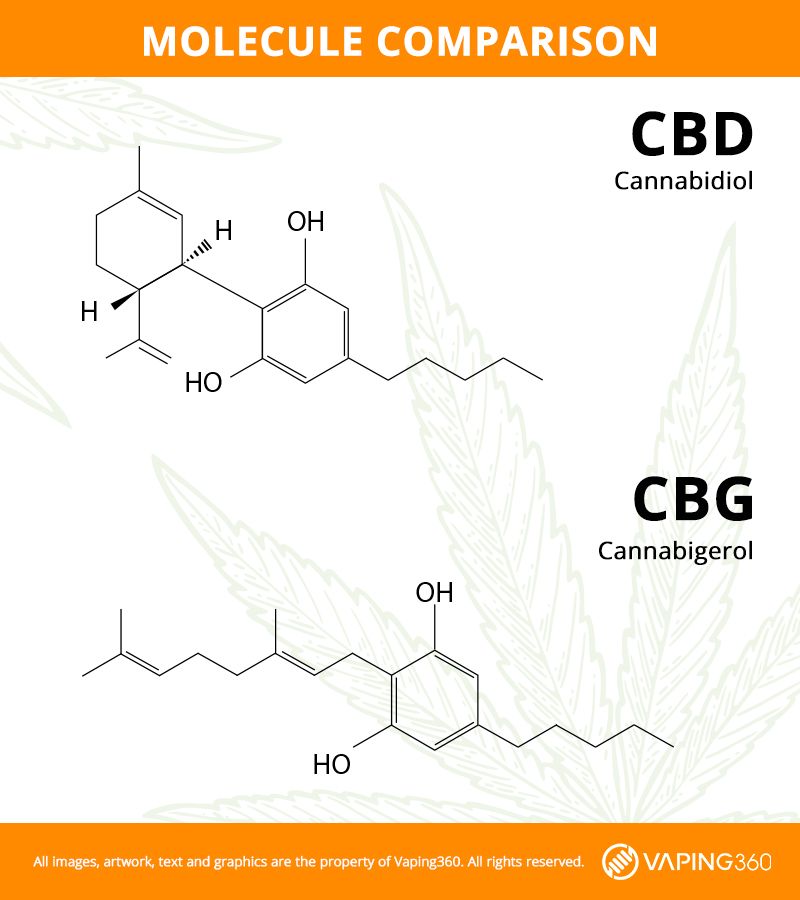
What are CBD and CBG?
Both CBD and CBG are phytocannabinoids—naturally occurring cannabis compounds that interact with the human endocannabinoid system (ECS). Neither is a synthetic compound that needs to be produced in a lab, meaning that CBD and CBG existed before they were commercialized.
Cannabinoids make up a big chunk of hemp’s chemical profile, but there are about 300 other substances in the plant, too—namely acids, terpenoids, and flavonoids.
Non-psychotropic cannabinoids have risen to holy status in the wellness sphere. Hemp’s federal legalization in the United States drove the widespread adoption of hemp-derived cannabis compounds, but even before the post-2018 spike, CBD was garnering a lot of attention. The medical and scientific communities were especially intrigued.
CBD oil has been the king of medicinal hemp for a while now, while CBG oil is starting to close in.
What is CBD?
CBD is the primary active cannabinoid in hemp, with far smaller quantities found in THC-dominant marijuana. American chemist Roger Adams first identified it in 1940. While CBD is one of today’s best-known cannabinoids, it wasn’t the first to be discovered—CBN was first described several decades earlier.
But wait, there’s a twist. As much as hemp and CBD go hand-in-hand, this cannabinoid isn’t the first in hemp’s biosynthetic chain. Hemp trichome glands create CBGA first, which converts into CBG or CBDA, which is finally converted into CBD.
Certain marijuana strains are bred to contain higher than average CBD levels. Generally, these strains are promoted as milder alternatives to the ultra-potent, high-THC weed that dominates legal dispensaries. There’s good evidence that CBD can tone down the harshest effects of THC, like anxiety and paranoia.
Having said that, CBD’s appeal goes well beyond its ability to moderate THC’s effects. Users flock to CBD gummies and other CBD products for their potential health benefits.
What is CBG?
CBG is getting a lot of attention these days from medicinal users. This trace, non-intoxicating cannabinoid was first isolated in 1964 by the same researchers that first described delta 9 THC.
CBG is one of CBGA’s direct byproducts. Known affectionally as the “mother cannabinoid,” nearly all recreational cannabinoids (aside from varins like THCV) are derived from CBGA.
If you remove CBGA’s carboxyl acid group, it becomes non-acidic CBG. Seeing as acidic cannabinoids are so volatile, this isn’t hard to do with heat, UV rays, or age.
Interestingly, CBG isn’t especially abundant in mature hemp flower. It’s found in larger quantities in young hemp plants because CBG converts rapidly into either THC, CBD, or CBC.
Like CBD, CBG might have pharmacological benefits. Researchers are still trying to understand the details of how CBG affects the body. As of 2024, no CBG-based medications are yet in development.
Will CBD or CBG get you high?
CBD can’t get you high, and neither can CBG. They interact with the ECS in different ways, but neither cannabinoid causes euphoria like THC.
Unlike mildly (or situationally) psychotropic cannabinoids like CBN and THCV, CBD has no affinity for CB1 receptors in the ECS. Even if you consumed a whole bottle of CBD oil, you would remain sober.
In fact, CBD is a CB1 antagonist: it blocks psychotropic cannabinoids like THC from binding to the best of their ability, possibly dampening their effects. Vaping high-CBD marijuana strains could even reduce the intensity of your high.
The same goes for CBG—kind of. Despite its clear lack of psychotropic effects, CBG does bind to the CB1 and CB2 receptors. However, it acts as a competitive antagonist on CB1, leaving less room for THC itself to bind. Again, if anything, CBG is more likely to de-intensify your THC high than to boost it.
What’s the difference between CBD and CBG?
It’s hard to say exactly how different CBG’s benefits are from CBD’s, since CBG hasn’t yet undergone as much research. (And we don’t really know CBD that well yet, either.)
Interest in CBG’s therapeutic properties is growing. We’ve seen more studies over the past few years, and more recreational products are hitting the market with time.
Differences between CBD and CBG include:
- Chemical structure: CBD and CBG have key structural differences, and while the pair look similar, they aren’t isomers. Each has a unique chemical formula (C21H30O2 for CBD, and C21H32O2 for CBG). CBG is slightly heavier and contains more hydrogen atoms.
- Quantity: CBG is a minor cannabinoid; CBD is hemp’s most abundant active compound. Depending on strain and maturity, CBD can make up around 12% to 18% of the plant’s chemical profile, while CBG usually sits around 1%. High-CBG hemp strains are an option for users dedicated to the cannabinoid.
- Pharmaceuticals: Researchers are exploring CBG’s potential anti-inflammatory and pain-relieving effects, but it isn’t yet approved to treat any medical conditions. A CBD-based medication, Epidiolex, has been approved by the U.S. Food and Drug Administration (FDA) as a drug-resistant epilepsy treatment.
- Effects: According to users, CBD does a better job at calming the body and mind, while CBG can act as a mild stimulant. You might prefer CBG for a midday pick-me-up, and CBD to help unwind.
- Relationship to THC: CBD is a THC isomer that can be modified in a lab to produce THC, despite that conversion’s rarity in nature. CBG, however, sometimes converts naturally into THC, without human assistance. As cannabis ages, CBG turns into either CBD, THC, or CBC.
How are CBD and CBG similar?
Obviously, CBD and CBG are both cannabinoids found in the hemp plant. That’s a similarity we can verify without a doubt. The rest is somewhat uncertain.
- Effects: Short-term, it’s possible that CBD and CBG can help reduce mental and physical tension, with many users vouching for their potential anti-stress and pain-relieving abilities. CBG and CBD are psychoactive (since they alter brain chemistry), but neither can get you high.
- Availability: They’re not equally accessible, but CBG and CBD are both produced and sold by commercial hemp manufacturers.
- Legality: Obviously, this depends on where you live. CBG and CBD are federally legal in the U.S. under the 2018 Farm Bill. In states with legal hemp, there's a good chance that they’ll fall under the same legal umbrella.
- Chemical origins: CBG is a direct byproduct of CBGA (the result of decarboxylation or removing an acid group), while CBD comes from either CBDA or CBG. It’s one step further down the line, but neither compound would exist without CBGA.
- Pharmacological potential: CBD outranks CBG by the sheer number of studies on its positive effects, but it’s highly probable that CBG also has therapeutic properties.
We do have a solid start as far as research goes. CBD is known and loved for its anti-inflammatory effects, and it’s very likely that CBG shares this property. They also seem to share neuroprotective and antibacterial qualities.
Side effects of CBD and CBG
Both cannabinoids are well-tolerated by most users, but side effects are always a possibility with any substance. Drug interactions are one potential pitfall. Whenever you’re consuming multiple bioactive products at a time—whether plant-derived or not—biological wires can get crossed.
High doses of either CBG or CBD could be risky, and serious reactions like low heart rate or blood pressure are possible.
Users report a few similar side effects for both CBD and CBG, including:
- Digestive issues
- Appetite changes
- Dizziness
- Dry mouth
Other reactions are more specific to one or the other, like drowsiness in CBD and jitteriness in CBG. Even appetite changes look different between the two. CBD tends to decrease appetite, while CBG appears more likely to stimulate it.
Our knowledge about CBD and CBG’s long-term effects (risks included) is murkier, and will require research that follows users for a period of years. What we know of their short-term side effects comes primarily from user anecdotes.
Types of CBD and CBG products
CBG products are still a niche alternative to CBD, so there are fewer options. The types of products available are similar for both:
- Oils: Suspend hemp extract in a carrier oil (MCT coconut, olive, etc.), and you get CBD and CBG oils. To take CBD oil, drop it under or directly onto the tongue, mix it into food, or massage it into the skin.
- Topicals: Creams and balms still trump oils if you’re looking for muscle relief. Topical CBD and CBG products target specific areas of the body, without entering the bloodstream.
- Vape carts: CBG and CBD oil carts (distillate or full-spectrum) are compatible with 510 thread batteries. Charge your battery, screw in the cart, and vape away.
- Disposable vapes: Unlike oil-based carts, disposable CBD vape pens may contain either oil or CBD vape juice. They work the same way. (You can also buy bottled CBD e-juice and vape with a refillable tank and mod.)
- Edibles: Gummies are a go-to, but you’ll find a wide array of other CBG and CBD edibles, too. Chocolates, baked goods, and drinks are all available.
- Tinctures: They look similar, but unlike oils, tinctures are an alcohol-based extract.
- Capsules: If you prefer edible, slower-acting products but aren’t in the mood for a treat, CBG or CBD capsules are an alternative.
- Flower: Your choice of high-CBG or high-CBD flower is a great option with a weed vaporizer.
Oils are especially popular and aren’t challenging to get the hang of, so it may be worth starting there if you’re new to either cannabinoid. Try gummies or capsules if you want a pre-portioned product.
CBD vs. CBG: FAQ
Is CBG stronger than CBD?
It depends on what you mean by “stronger.” Let’s explore from a couple of angles.
As far as we can tell, CBD doesn’t interact directly with cannabinoid receptors at all. It has inverse relationships to both CB1 and CB2, blocking them off (without binding) and making it harder for intoxicating cannabinoids to bond.
CBG is a slightly different story. Its actual effects don’t seem too different from CBD, but unlike its more abundant sibling, CBG has CB1 and CB2 affinities. So, it’s “stronger” in that sense, even though neither substance will get you high. CBG is a competitive antagonist to CB1 and, interestingly, a partial CB2 agonist.
The “strength” of their benefits is a bit hazier. Until we have more research, trial and error are really the only ways to determine which cannabinoid is stronger (more beneficial) for you.
Which is better for anxiety: CBD or CBG?
First, neither CBD nor CBG are proven to treat or manage mental health conditions, including anxiety disorders. CBD does, however, show promise as an everyday stress reliever—and might be capable of providing other mental health benefits not yet proven.
Early research suggests that, when blended into a psychiatric care regime, CBD could reduce PTSD symptoms. Other studies point to THC being the superior stress-relieving cannabinoid. It’s a mixed bag, but promising preclinical evidence and anecdotes aren’t hard to find.
The ECS itself even helps modulate stress and fear responses. Unsurprisingly, stress relief is one of the top reasons users turn to both CBD and CBG.
If research is your priority, go with CBD for anxiety. CBG falls short in that respect.
Is CBG better than CBD for pain?
CBD is still the better-researched choice, but CBG already shows great promise in the world of pain and inflammation relief. We’re even seeing studies that compare the analgesic effects of CBD and CBG. We can’t say yet if one is definitely better than the other or which types of pain they’re best suited to managing. It’ll take trial and error to work out which, if either, is the best cannabinoid for your pain.
Can you take CBG and CBD together?
As far as we know, CBD and CBG aren't dangerous to consume together. Bear in mind, though, that there's limited research on this topic, and everyone’s body responds to cannabinoids a bit differently. Be on the lookout for interactions whenever you mix cannabinoids or other substances. It’s also possible that taking CBD and CBG together may cancel out potential effects like nausea relief.
Make sure you try CBD and CBG individually before consuming them together. Once you’re familiar with your body’s responses to each, it’ll be easier to gauge whether you’re experiencing anything unusual when you use both. Start with a small dose of each when combining, just like you would if you were trying any new cannabinoid.
Are CBD and CBG legal?
Yes, both CBD and CBG are federally legal in the United States under the 2018 Farm Bill, as long as the products they’re in contain less than 0.3% delta 9 THC by dry weight.
Each state dictates which cannabinoids can be sold within their borders. Fortunately for CBD and CBG users, neither has been a prime target for state governments looking to ban or restrict hemp. Intoxicating hemp compounds like delta 8 THC and HHC are the main targets of the anti-hemp crusade.
President Trump promised during his election campaign to “save vaping," but his administration has undermined that goal at every turn.
The U.S. disposable vape market has grown to $2 billion in annual sales, although nearly none of the products are authorized by the FDA.
More than 30 bills that would impose severe restrictions vaping consumers’ product choices remain active in U.S. state legislatures.
The Freemax REXA PRO and REXA SMART are highly advanced pod vapes, offering seemingly endless features, beautiful touchscreens, and new DUOMAX pods.
The OXVA XLIM Pro 2 DNA is powered by a custom-made Evolv DNA chipset, offering a Replay function and dry hit protection. Read our review to find out more.
The SKE Bar is a 2 mL replaceable pod vape with a 500 mAh battery, a 1.2-ohm mesh coil, and 35 flavors to choose from in 2% nicotine.

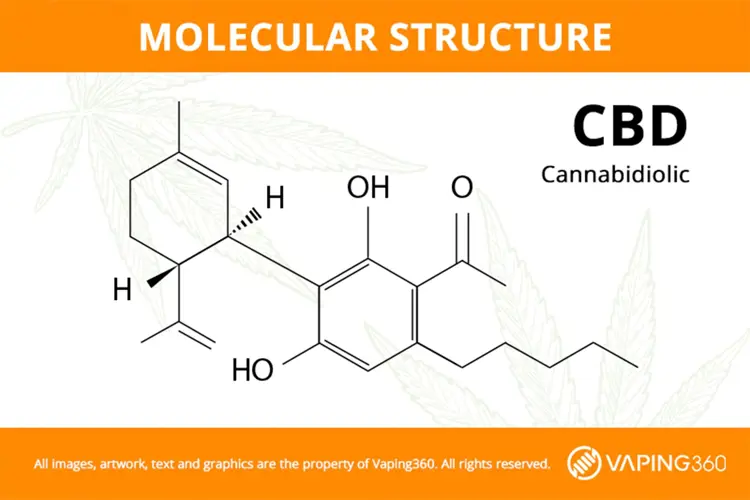
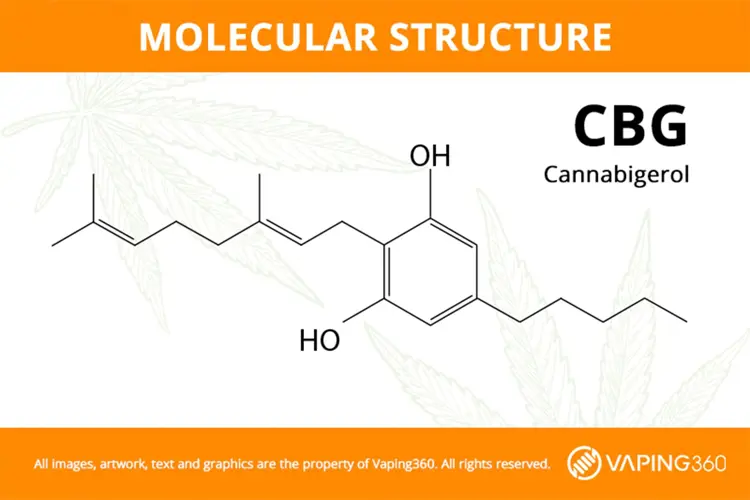
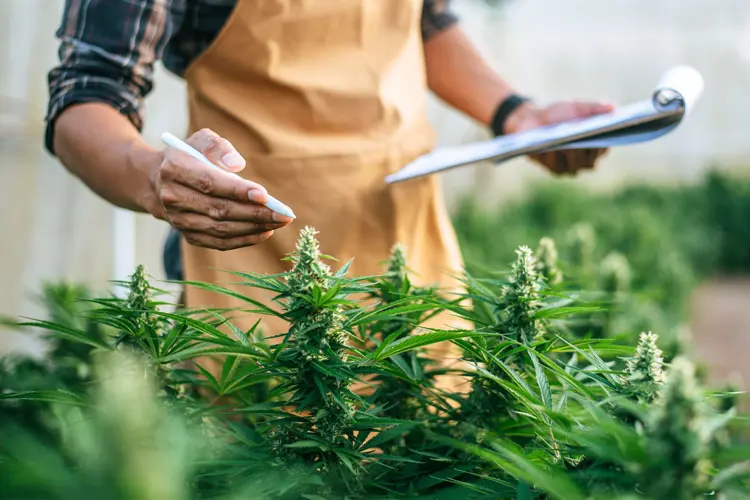
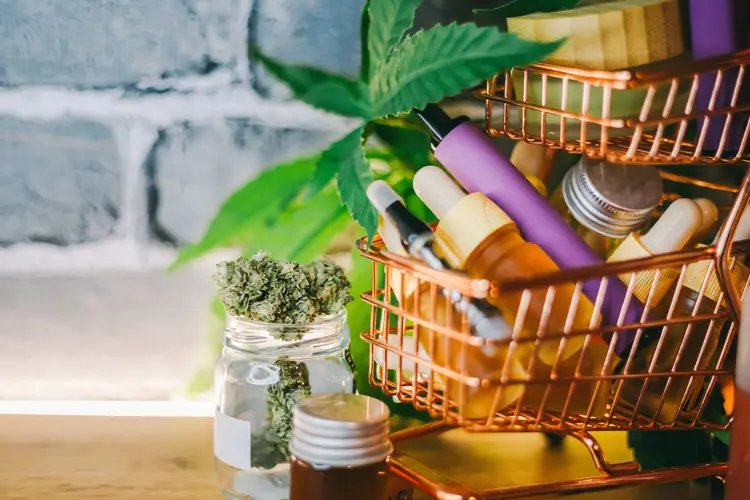






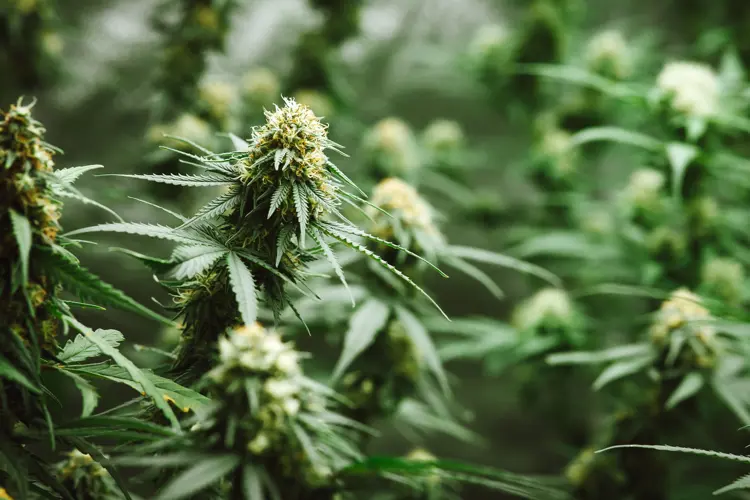
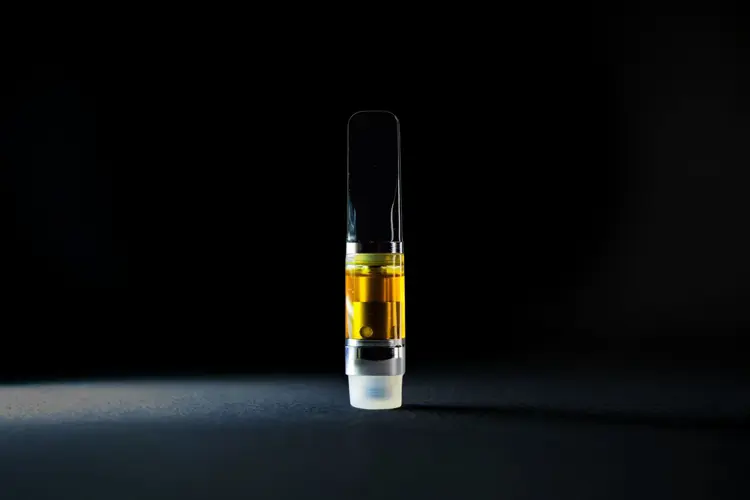
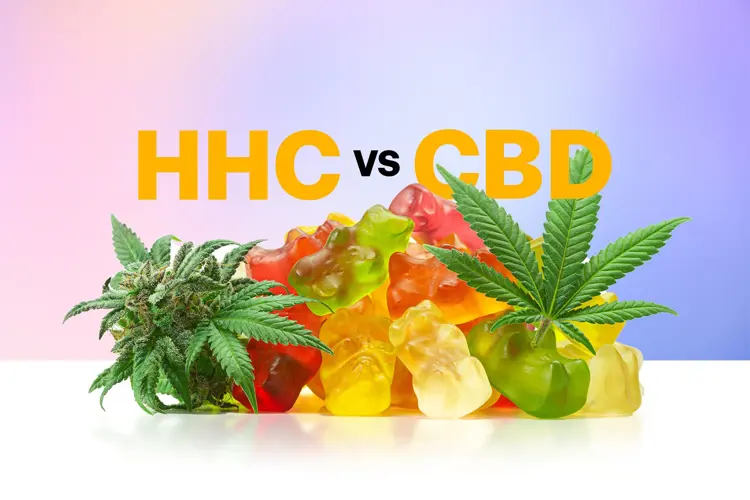
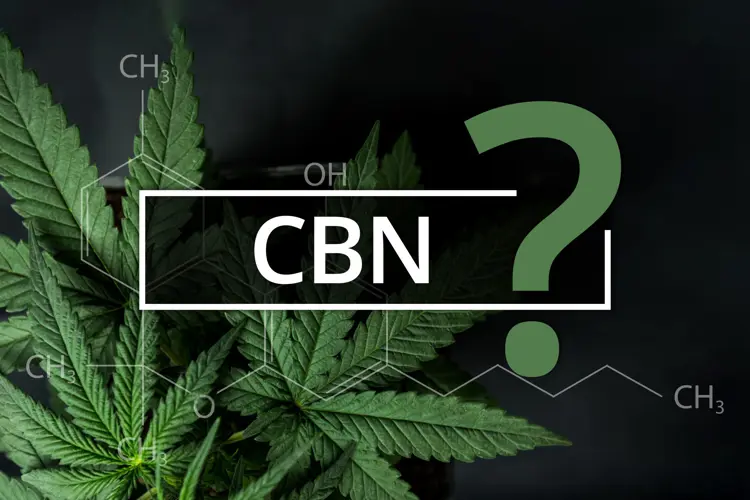
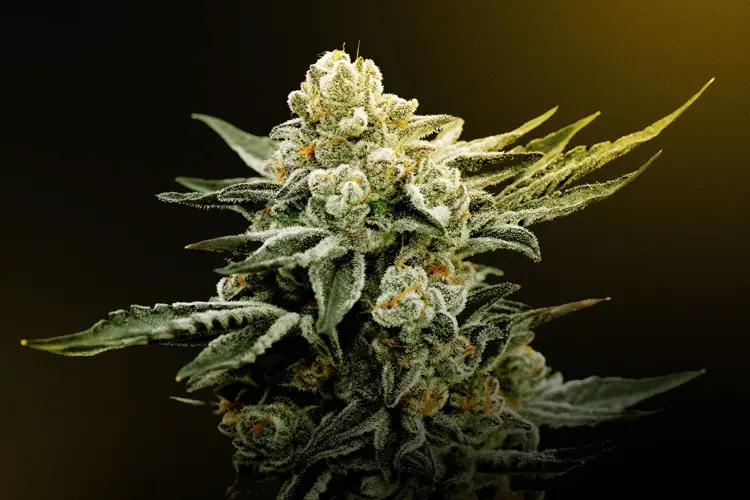
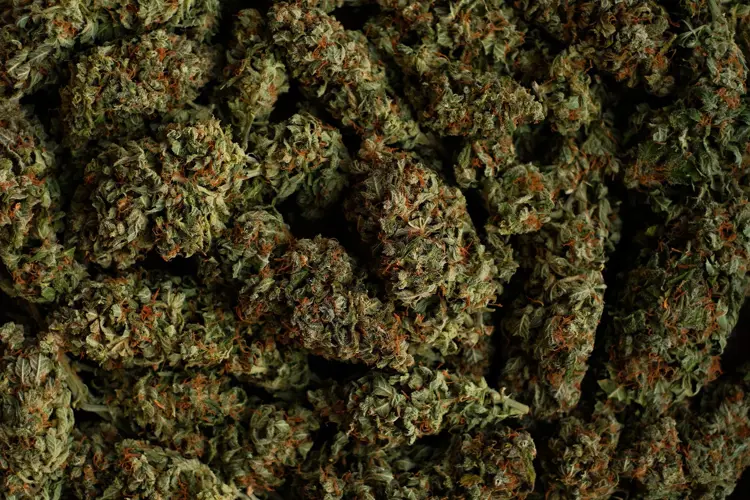
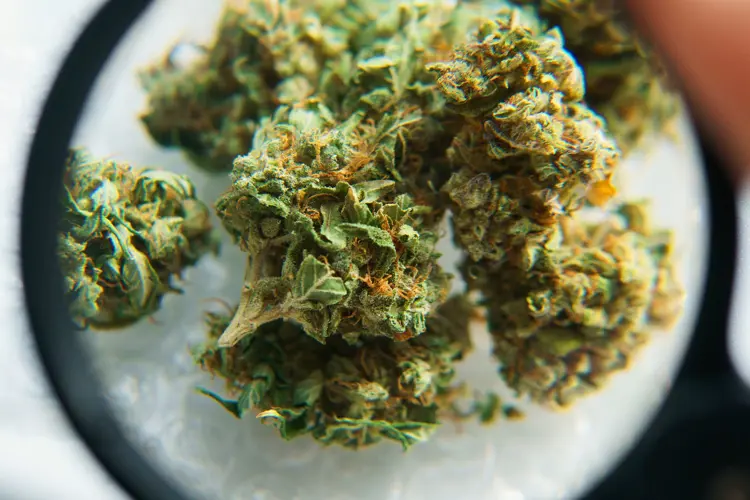
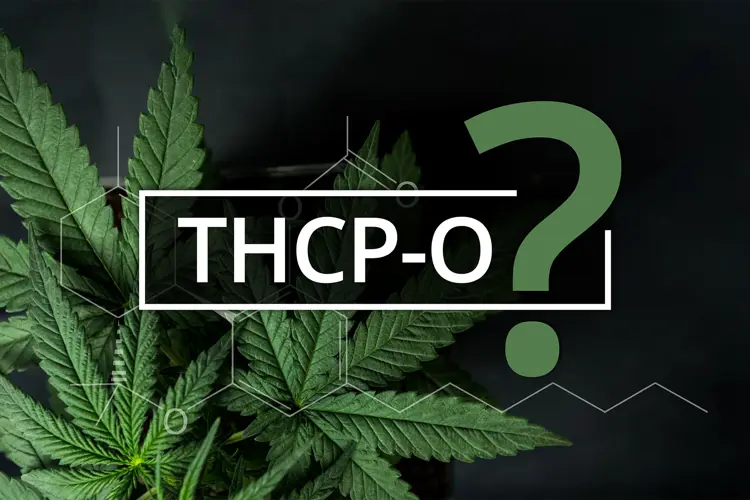
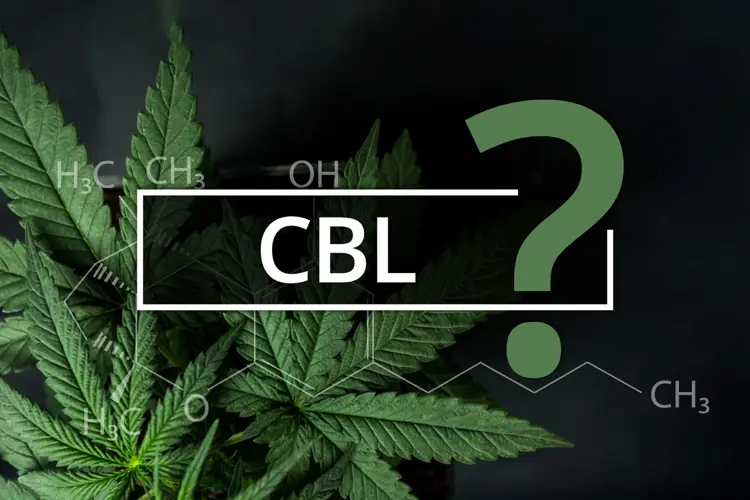
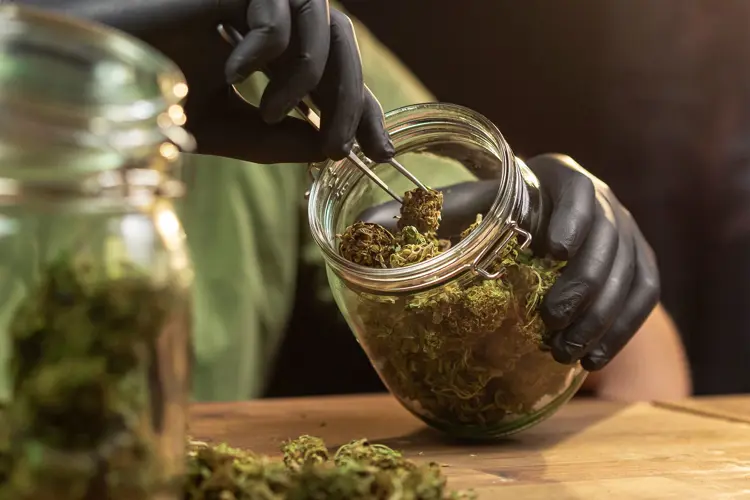
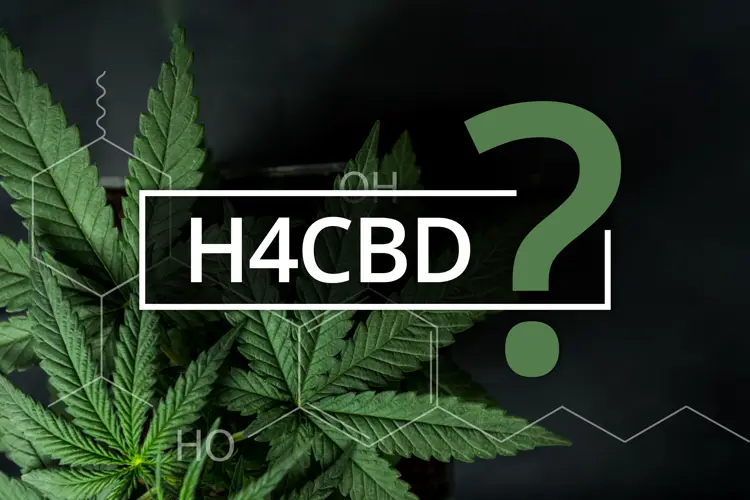
![Image for What Is THC-JD? Legality, Effects, Potency Explored [Update]](https://media.vaping360.com/images/what-is-thc-jd-thumbnail-20a40b517a.webp?imageType=Standard)
